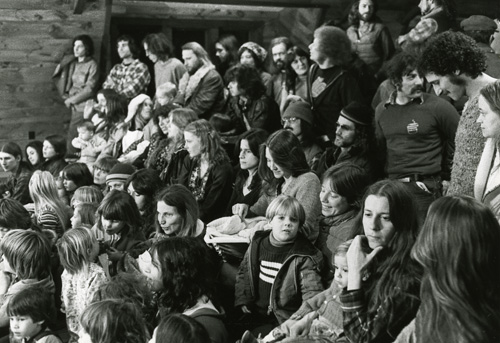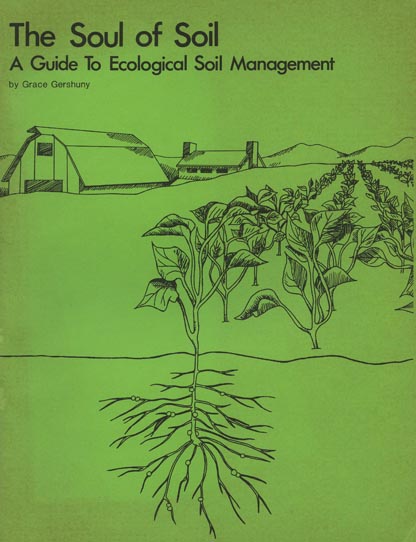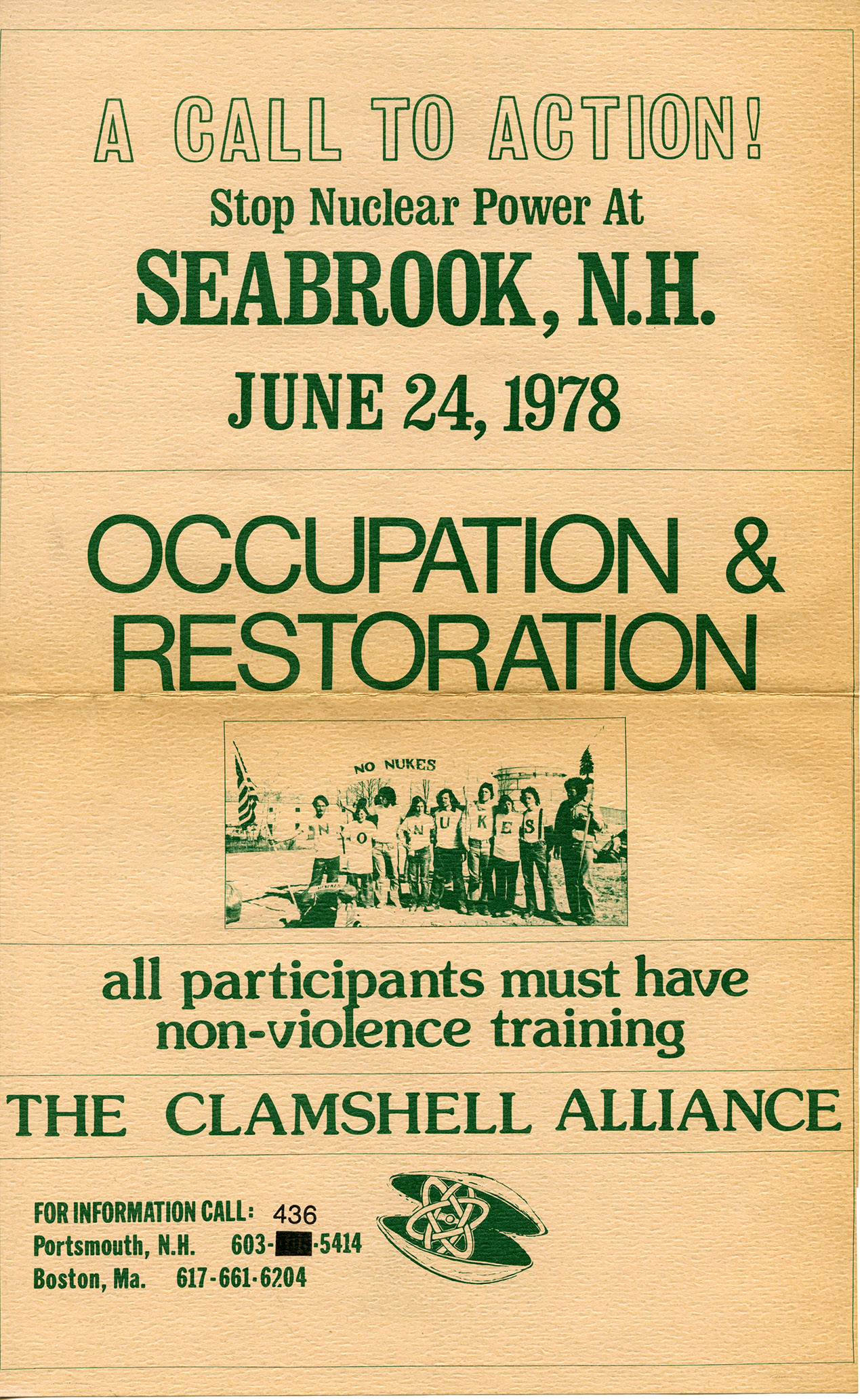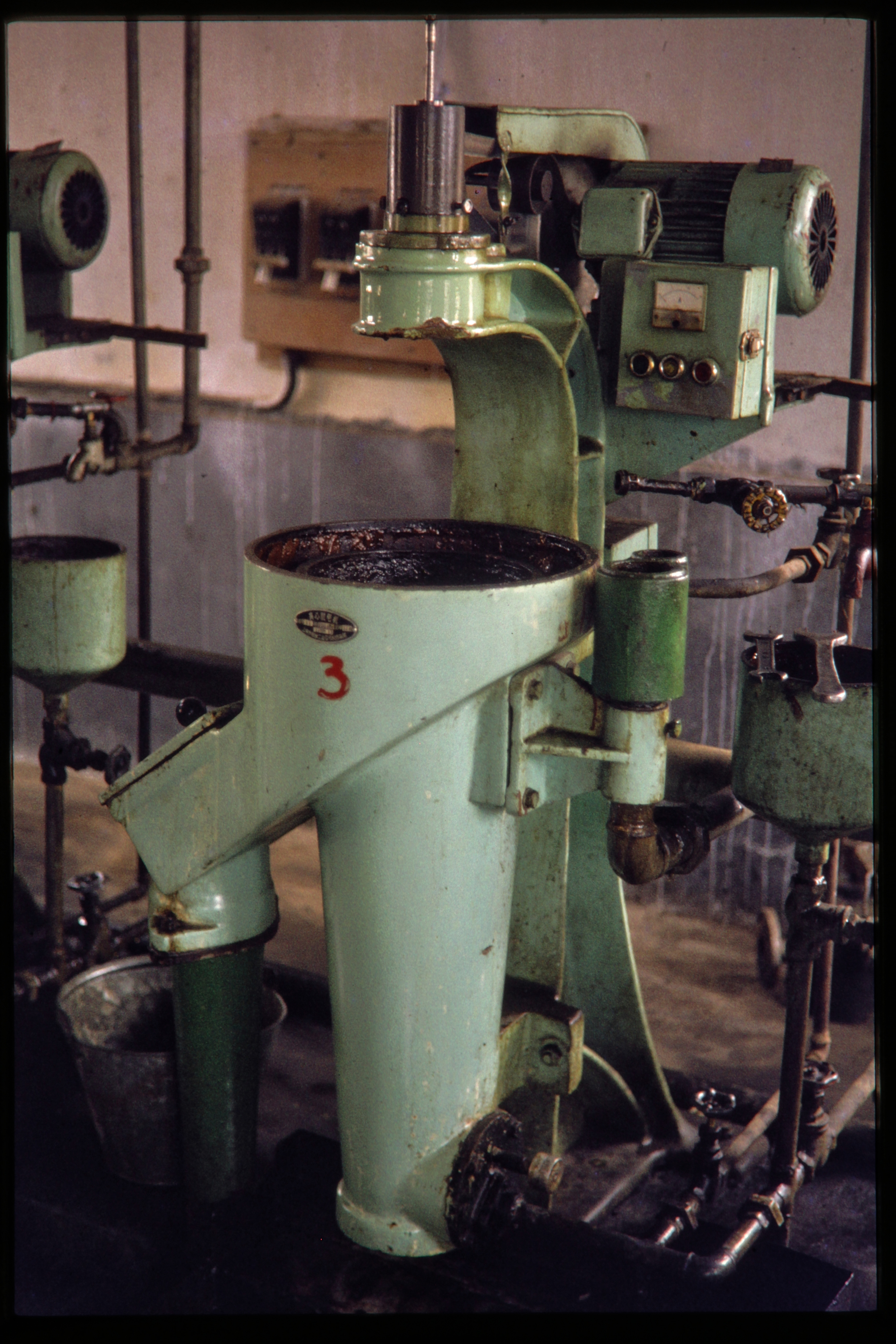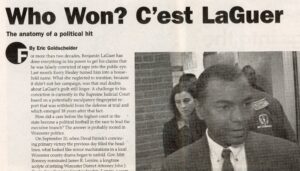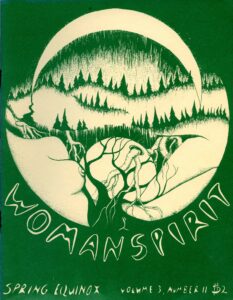Alice H. Garside Papers
Alice Blake Hawes Garside, who became a prominent educator in Boston known for working with students with reading and learning challenges, was born in 1909 in New Bedford, Mass., a descendant of a whaling family with deep roots there. She graduated from Vassar College in 1930, the year she married Kenneth Garside, with whom she had three daughters before they divorced in 1956. Beginning in the early 1950s, Alice Garside worked as a reading tutor at the Cambridge School in Weston and reading supervisor in the language clinic at Mass General, where she was trained in the Orton-Gillingham method under Dr. Edwin Cole, a pioneer in the field of learning disabilities. Having also earned a master’s degree from Boston University, she trained teachers at the Carroll School from its founding in 1967, joining the school’s staff in 1976 and staying until her retirement in 1990. She was honored as the first recipient of the Alice H. Garside Award from the Massachusetts Branch of the International Dyslexia Association in 1985 and the IDA’s highest honor, the Samuel T. Orton Award, in 1987. In her retirement, she continued to consult on reading and made regular trips to the Bermuda Reading Clinic. Alice Garside passed away in 2007 at age 98.
The Alice H. Garside Papers cover Garside’s professional life as a teacher as well as her personal life. There is documentation of her extensive travels, including the six-month round-the-world trip she took not long after her divorce, as well as correspondence, photographs and photo albums, journals, ephemera, and memorabilia. The collection also includes some family history and genealogical material.


